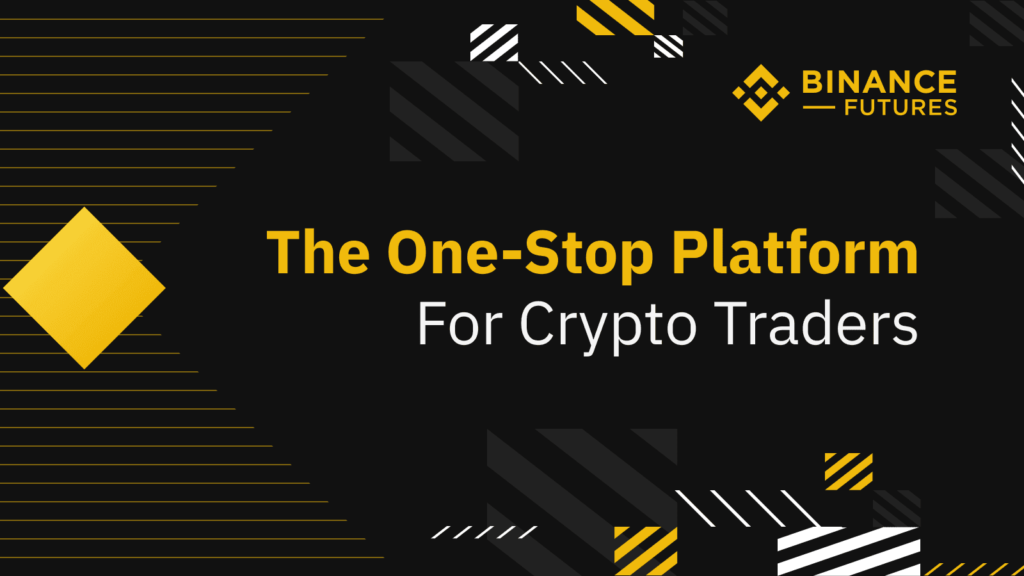Some banks, like the Swiss-based FlowBank, have been mentioned by Binance as intermediaries for this transaction.

Bloomberg reports that the cryptocurrency exchange is investigating a potential solution to reduce counterparty risk. This permits some institutional clients to store their trading collateral at a bank rather than on the crypto platform.
This action responds to institutional digital asset traders’ requests for enhanced security measures. This is following the collapse of FTX late last year, which resulted in significant losses for many traders.
According to anonymous sources who know the situation, Binance is reportedly in discussions with a select group of professional clients regarding a system allowing them to use bank deposits as collateral. It works for margin trading in spot and derivatives markets. Two potential intermediaries for this service, situated in Switzerland and Liechtenstein, were mentioned: FlowBank and Bank Frick. However, the specifics of any potential partnerships remain confidential.
Under the proposal, client funds held at the bank would be secured through a tri-party agreement, while Binance would provide stablecoins as margin trading collateral. The deposited funds could be invested in money market funds, allowing clients to earn interest and mitigate the cost of borrowing cryptocurrency from Binance.
According to unverified sources, the proposed arrangement is still under consideration and may be subject to change.
During an interview on the Bankless Podcast on May 29, Binance CEO Changpeng Zhao (CZ) discussed the possibility of Binance purchasing a crypto-friendly bank. CZ acknowledged that Binance had evaluated the proposal but explained the inherent complexities. He noted that acquiring a bank would be restricted to the country’s jurisdiction. It will also require compliance with local banking regulators. He elucidated:
“The reality is much more complex than the concept. You buy one bank, it only works in one country, and you still have to deal with the banking regulators of that country. It doesn’t mean you can buy a bank and do whatever you wanna do.”





